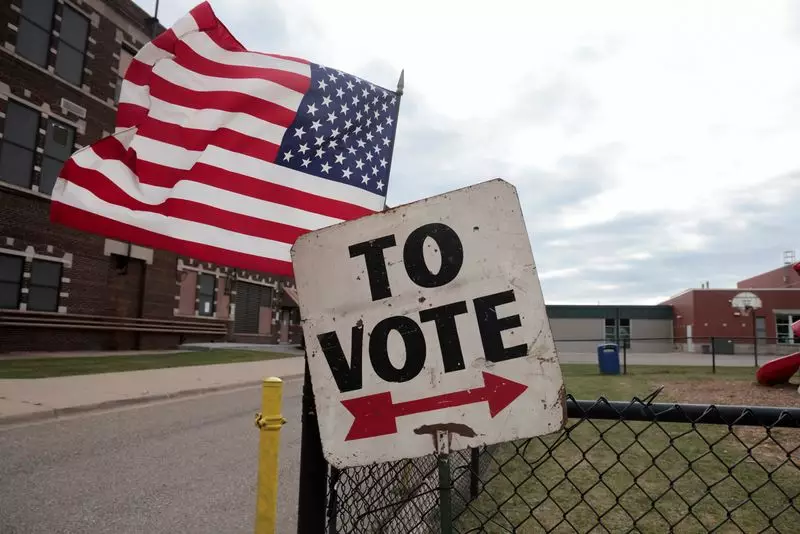The recent U.S. presidential election marked a significant turning point, with Donald Trump emerging victorious yet again. This result sets the stage for a contentious relationship between the United States and China, reconsidering their interactions across trade, technology, and security. While Trump’s presidency signifies familiar challenges for the Chinese government, it also presents potential opportunities for recalibrating global influence amidst a transformed international landscape.
The Additional Challenge of Trump’s Tariffs
One of the most immediate concerns stemming from Trump’s re-election is the threat of increased tariffs on Chinese imports. The proposed tariffs exceeding 60% on a wide array of Chinese goods represent a stark warning for Beijing. As China currently sells over $400 billion in goods to the U.S., the ramifications of a renewed trade war could cripple its already fragile economy, which is grappling with deep-rooted internal issues. Analysts believe that Trump’s aggressive trade policy may induce China to accelerate efforts aimed at achieving greater self-sufficiency in key industries, especially technology, which is crucial for sustaining their economic growth and overall stability.
With Trump’s expected isolationist strategy, China finds itself evaluating its foreign policy approach. While the dynamics between the U.S. and China continue to trend toward a tense rivalry, some scholars suggest that the vacuum created by the U.S.’s disengagement from global alliances could offer Beijing a unique opportunity to expand its reach. Relations with emerging economies in the Global South and established powers in Europe could take precedence in China’s foreign policy agenda. As countries that share a mutual interest in countering U.S. hegemony, robust partnerships in these regions could help bolster China’s global influence.
Shifting Alliances and Regional Dynamics
Recent actions indicate that Beijing is actively pursuing new alliances to address the potential isolation under a second Trump administration. For instance, overtures made towards India and Japan signal a strategic shift away from the adversarial tendencies of previous years. Leaders like Xi Jinping and Narendra Modi, who have historically had contentious interactions, recently found common ground, indicating Beijing’s willingness to foster relationships that could create strategic balance in the region. Such alliances may offer China the ability to navigate the complexities of prospective American policies while simultaneously presenting a unified front amid rising tensions.
One of the core areas where the U.S.-China rivalry is manifested is in technology. Trump’s administration prioritized a decoupling of technological advancements and supply chains between the two nations. This shift is alarming for China, which has increasingly relied on advanced technologies imported from the U.S. to fuel its own domestic industries. In the face of this reality, Chinese strategists postulate that the nation must pivot towards self-reliance by developing and nurturing homegrown technologies to mitigate reliance on American innovations. This imperative for homegrown growth may lead to increased state support for sectors deemed critical to national security and economic viability.
Taiwan remains a contentious issue under the Trump administration’s foreign policy framework. Beijing views American support for Taiwan with apprehension, particularly concerning arms sales and military presence. Moreover, the notion of Taiwan compensating the U.S. for its defense services has added a layer of complexity to cross-strait relations. With the Biden administration’s more aggressive stance toward China, especially regarding Taiwan, the pressure on Beijing is mounting. Chinese leadership, while striving to maintain a façade of stability, must also grapple with the realities of its strategic interests in the region.
As China braces for another term under Trump, the stakes in this superpower rivalry are higher than ever. The challenges posed by potential trade wars, technology decoupling, and geopolitical realignments will require a comprehensive and adaptable strategy from Beijing. While some may speculate that Washington’s isolationism could pave the way for Beijing’s ascendancy, the complexities of global politics mean that the outcome remains uncertain. The response to these challenges will define not only China’s economic trajectory but also its role on the global stage in the years to come.

